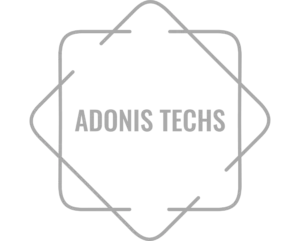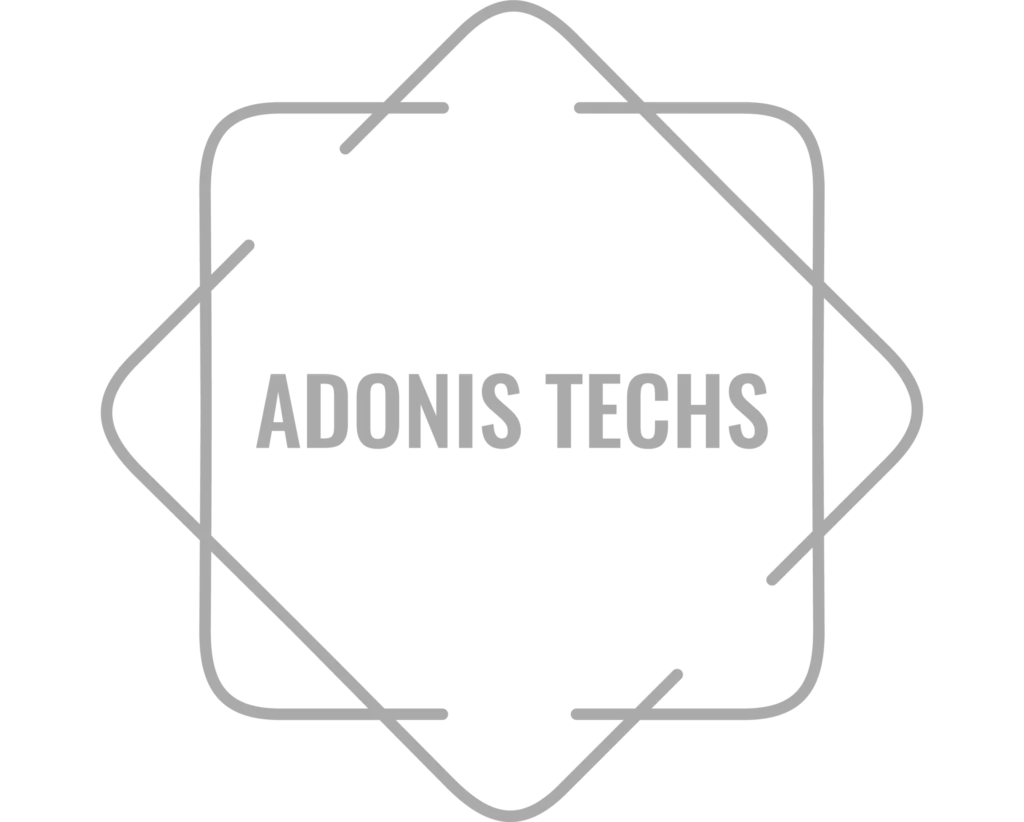Real estate is moving fast toward mobile. More than 70% of property searches now happen on phones. A property listing app bridges the gap between discovery and decision helping buyers, renters, and investors find the right property anytime, anywhere.
Building such an app is not just about showing listings; it’s about creating a seamless experience that matches user intent, builds trust, and generates leads for agents and agencies.
Why Property Listing Apps Matter
For agents and brokers, a dedicated app builds authority. Users don’t just browse listings they engage, compare, and communicate. Mobile-first experiences make it easier to nurture leads and keep them within your ecosystem rather than losing them to big platforms.
In a competitive market, custom app development ensures you stand out with unique branding, smart filters, and integrated marketing tools.
Core Features of a Property Listing App
A robust property listing app combines usability, speed, and smart automation.
1. User Profiles & Onboarding
Simple sign-up using email, phone, or social accounts keeps friction low. Separate dashboards for buyers, sellers, and agents streamline navigation.
2. Advanced Property Search
Filters by location, price, amenities, and type. Geo-location helps users see properties near them instantly.
3. High-Resolution Media Gallery
Photos, 360° tours, and videos help buyers make informed choices before visiting.
4. Real-Time Notifications
Instant updates on new listings, price changes, or inquiries help retain engagement.
5. Chat & Call Integration
Built-in communication between buyers and agents reduces delays and increases lead conversion.
6. Property Management Dashboard
For agents, the admin portal should offer full control add, update, and analyze listings effortlessly.
7. Payment Gateway (Optional)
Enable premium listings or featured property promotions for agents.
Admin & Broker Portals
While the mobile app serves users, an integrated broker portal acts as the command center. Here, agents can manage inventory, handle leads, and track analytics.
A custom portal development approach ensures scalability useful when you’re onboarding multiple brokers or expanding to new regions.
Technology Stack for Property Listing Apps
Choosing the right technology stack affects scalability and user experience.
- Frontend: React Native or Flutter for cross-platform mobile development
- Backend: Node.js or Laravel for secure APIs
- Database: PostgreSQL or Firebase
- Maps & APIs: Google Maps, GeoJSON for property data visualization
- Cloud: AWS or Google Cloud for hosting and scalability
This setup keeps the app lightweight while maintaining enterprise-grade reliability.
Integrating Website & App Systems
If you already have a real estate website, integrating it with your mobile app keeps your ecosystem unified. Syncing property data between your app and site avoids duplication and provides a single source of truth.
A guide worth reading here is Real Estate Website Development by Adonistechs, which explains how professional web frameworks support mobile expansion.
For a deeper dive into backend architecture and design logic, visit Website Development.
How Much Does Property Listing App Development Cost?
The cost depends on scope, design complexity, and integration needs. Here’s a general breakdown:
- Basic App (MVP): $3,000 – $6,000
- Mid-Level App with Admin Portal: $7,000 – $12,000
- Enterprise or Multi-Agent System: $15,000+
The difference lies in scalability whether the app supports a single brokerage or a multi-location network of agents.
Key Factors That Influence Cost
- Design Depth – Custom UI/UX increases development hours but boosts user retention.
- Feature Set – Filters, maps, and CRM integration add to complexity.
- Third-Party Services – API subscriptions (Google Maps, payment gateways).
- Maintenance & Hosting – Ongoing updates to keep performance optimal.
Marketing Your App
Development is only half the story. Launch strategy determines visibility.
App Store Optimization (ASO), local SEO, and targeted ads help drive downloads.
For real estate agencies, connecting your app to social channels and your website ensures a consistent brand journey.
Final Thoughts
A property listing app is not a side project it’s an ecosystem. It modernizes how you connect with clients and strengthens your agency’s digital backbone.
With scalable design, clean data flow, and sharp branding, you don’t just build an app; you build a marketplace that moves with your clients.


